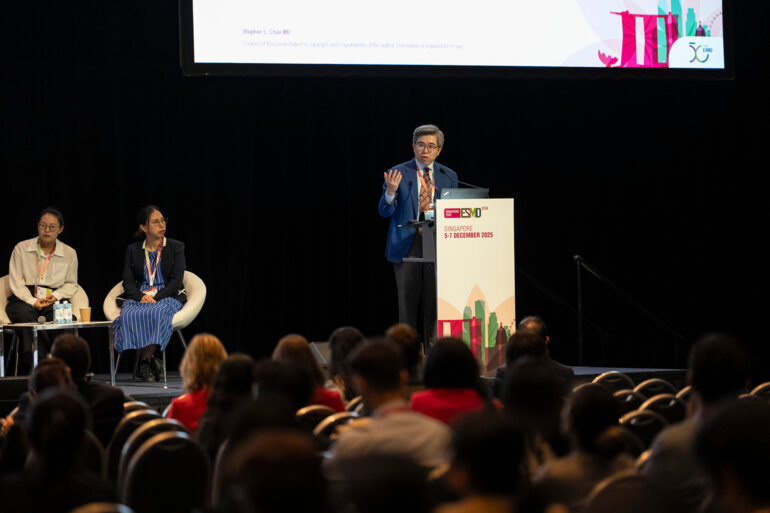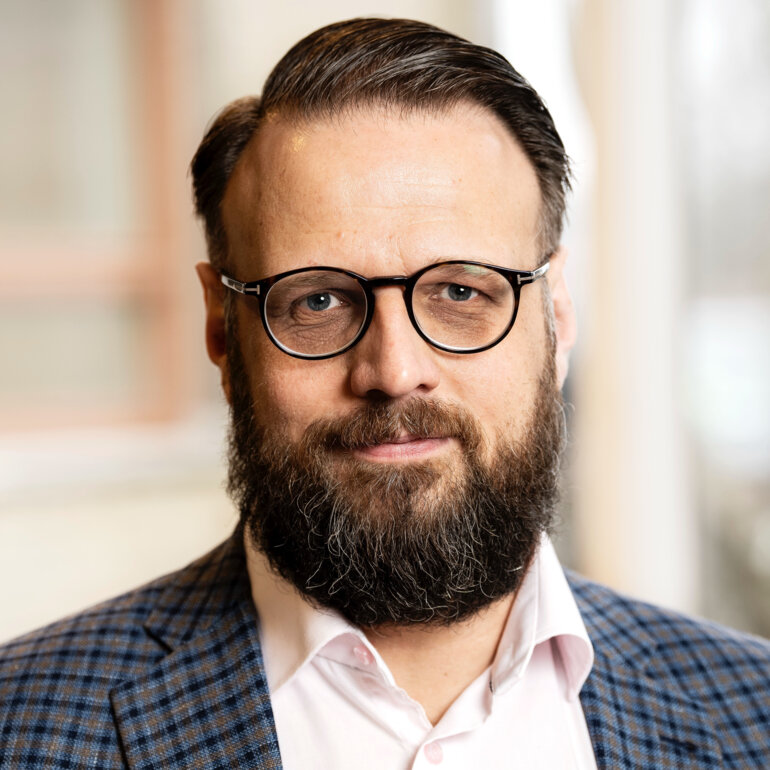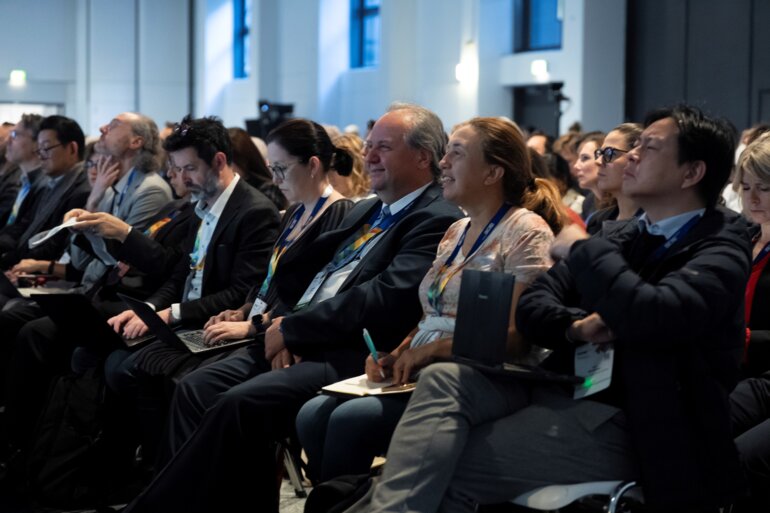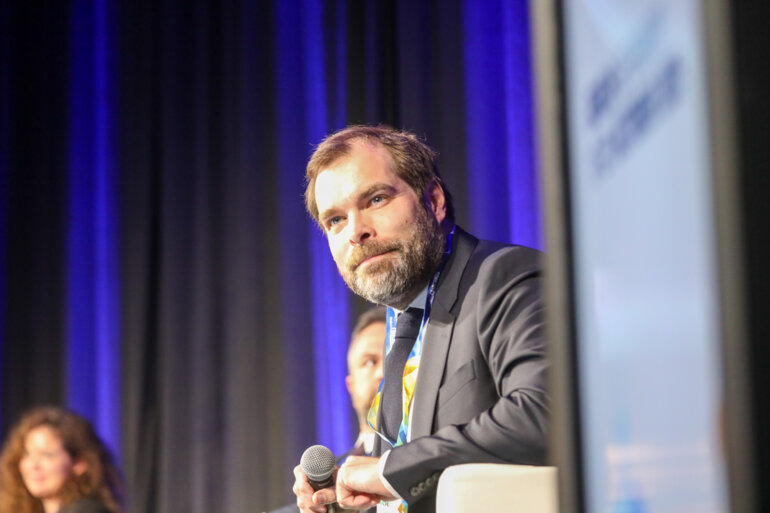Facilitating an open dialogue with patients, to better understand their needs, makes research efforts more valuable in the long-term
‘Responsible research’ – incorporating the opinions of all stakeholders, including those of patients – is as important in rare cancers as in common cancers. Involving patients from the outset in research programmes increases the value of the outputs as they are more focused on what really matters to people with cancer. As healthcare professionals, we may concentrate on technical aspects, such as tumour response, but patient involvement helps us to recognise that both prolonged life and a better quality of life are important considerations.
Increasing the use of patient-reported outcomes (PROs) is one way that the oncology community has become more patient-centric and more aware of the bigger picture from the patient’s perspective. But this is an area where patients can further increase the value of our research – we need to involve them in the continued development of PROs to ensure they properly fulfil their purpose.
Involving patients and patient advocates in research is never easy, especially when the community affected by some malignancies is small, so how can we get patients with rare cancers involved?
The first step is about raising awareness of the topics that research networks, groups and institutions specialising in rare tumours are working on. This may be through open days where patients and patient advocates can visit and get to know first-hand about the research being conducted and how it will benefit patients in the long run.
The next step towards increasing involvement – which is still very much a work in progress – involves co-opting patients as consultants on specific research problems. Going beyond open days to having patients sit on research committees, institutional review boards and panels assessing grant proposals is to everyone’s benefit. Although this can be difficult, particularly with the complex nature of research in rare cancers, we do not necessarily need patients to be experts in molecular biology or pharmacology, but we do need to find a common space where we can get greater insights into patients’ needs. We also need to ensure that we communicate our findings to patients in lay language. This will not only reinforce the message that researchers value the views of patients, but may also ensure that technical complexity does not deter any patients who want to get involved in the future.







